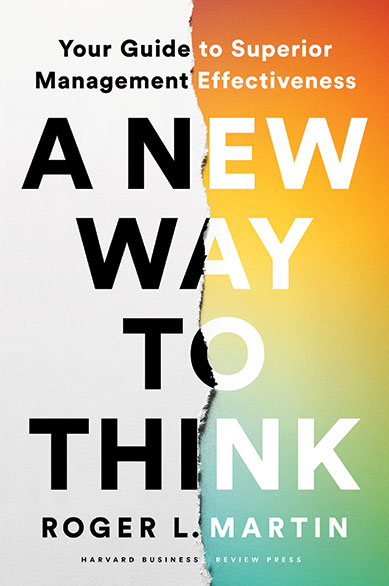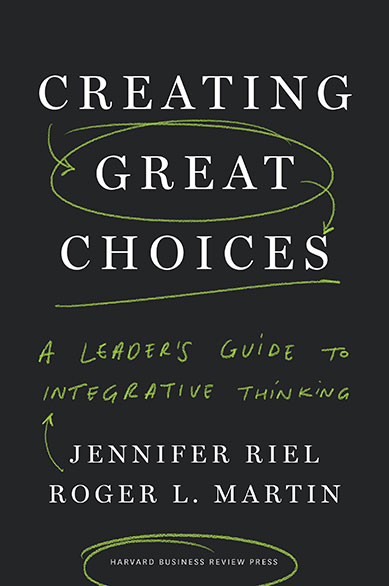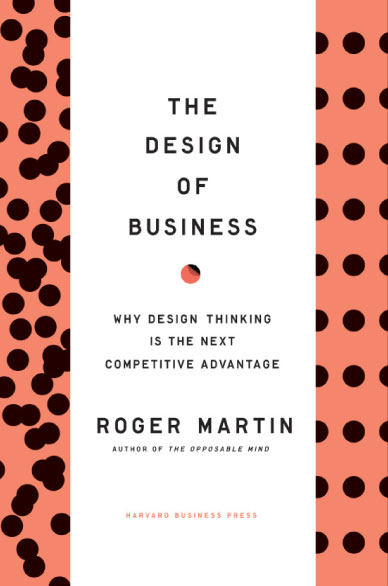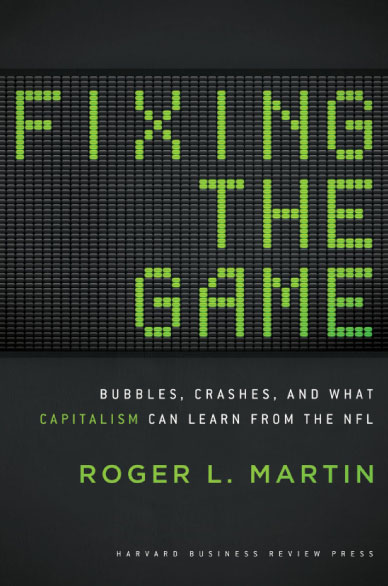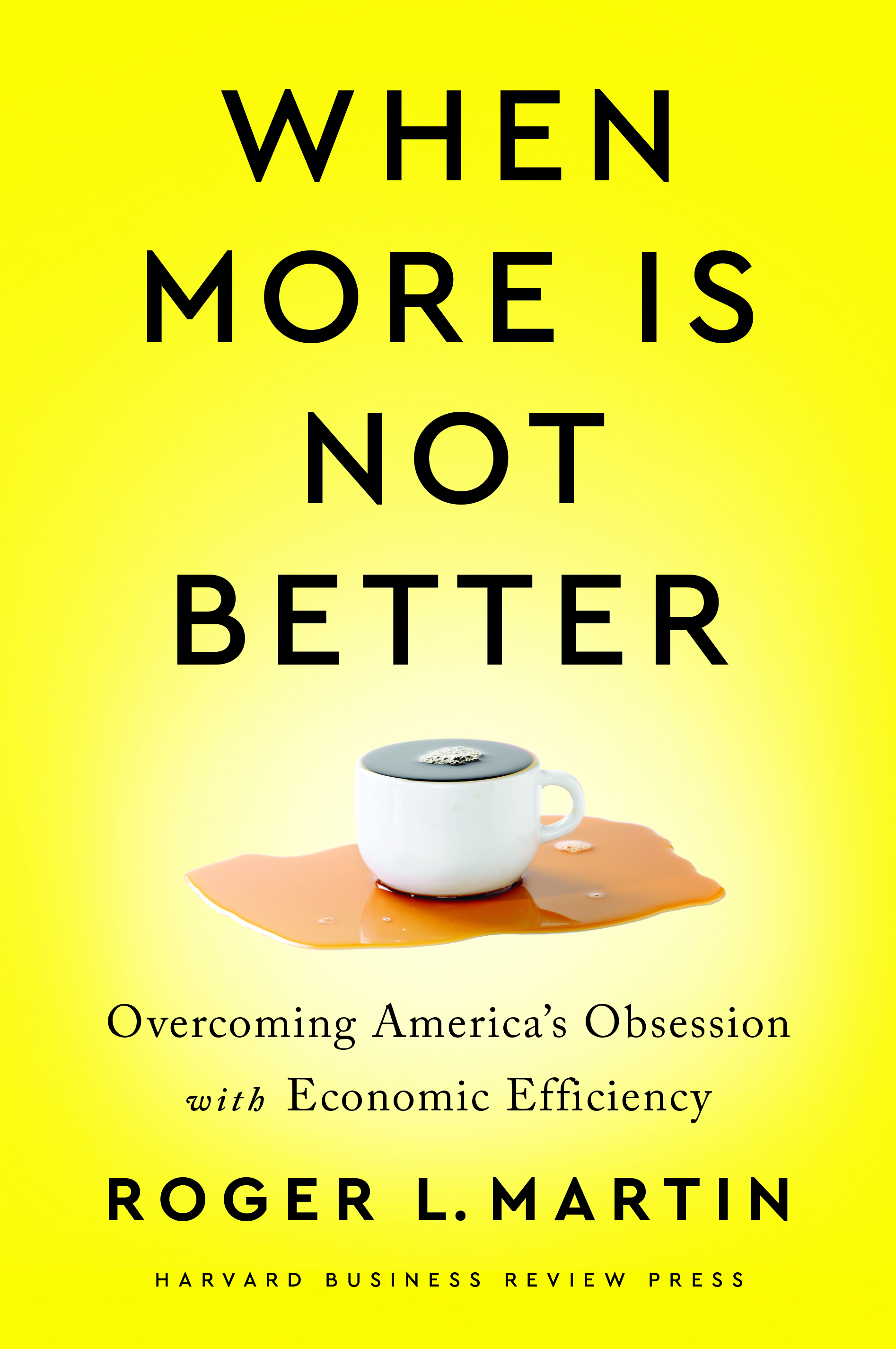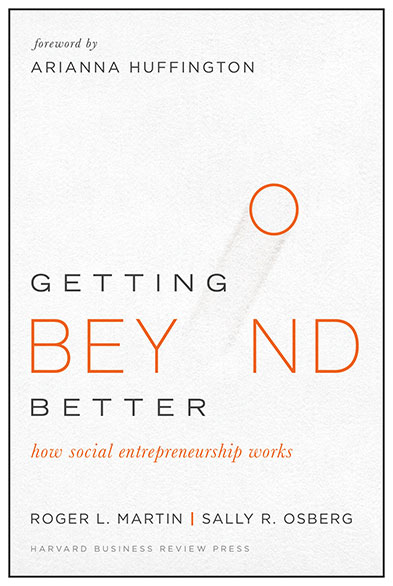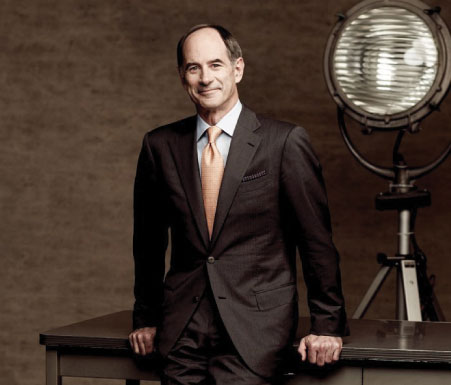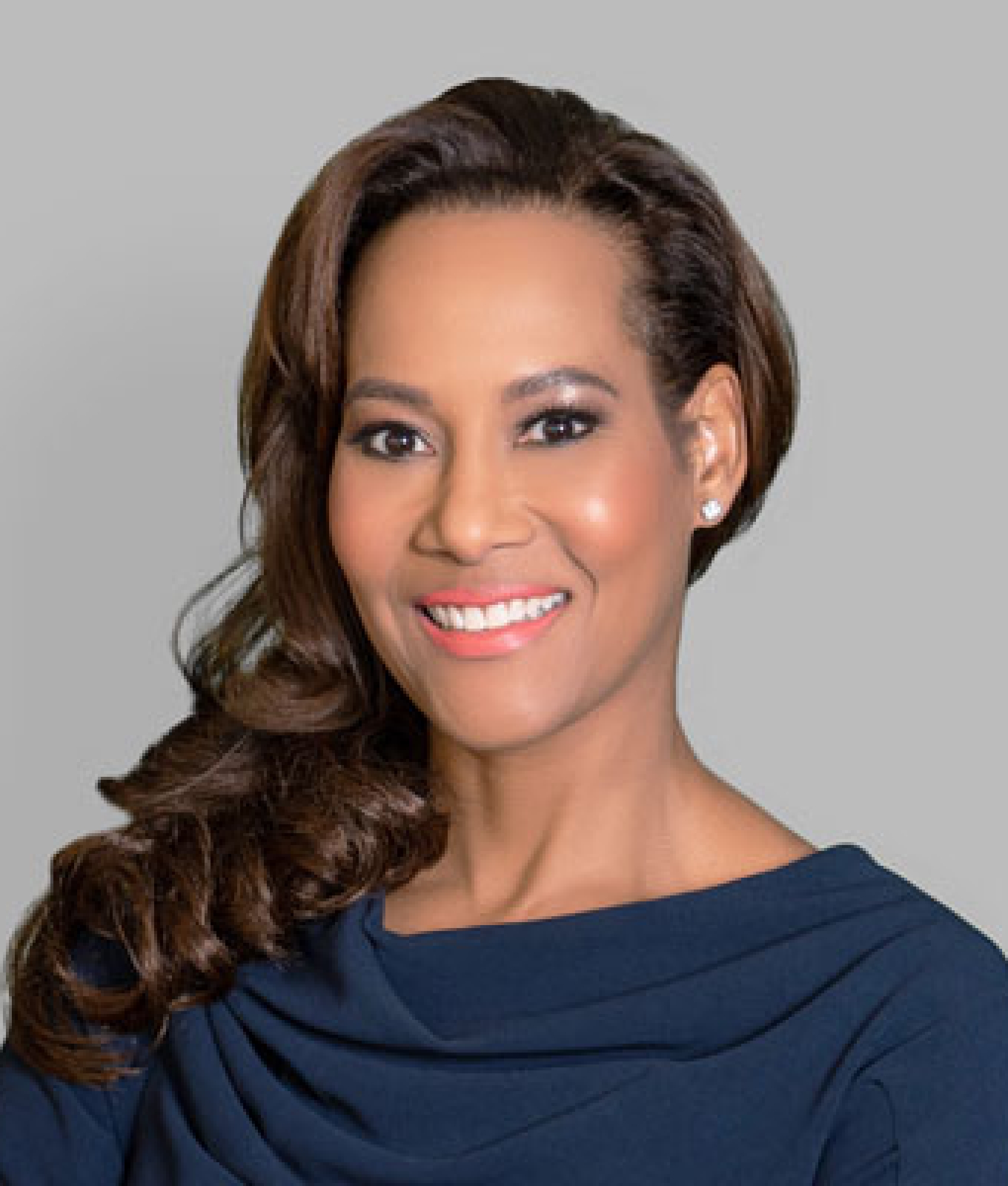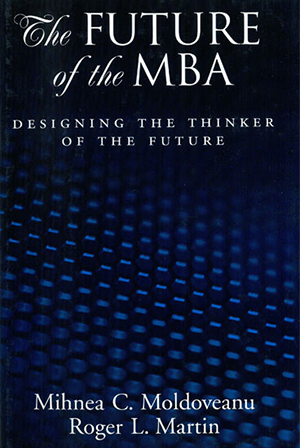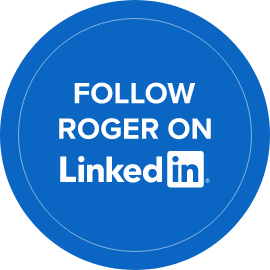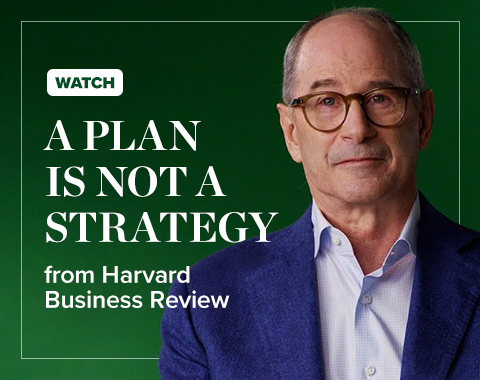-
Harvard Business Review
Two Keys to Sustainable Social Enterprise
Roger L. Martin and Sally R. Osberg
May 2015
-
Harvard Business Review
Saving the Planet: A Tale of Two Strategies
with Alison Kemper
April 2012
-
Stanford Social Innovation Review
Social Entrepreneurship: The Case for Definition
with Sally Osberg
Spring 2007
-
Harvard Business Review
The Virtue Matrix: Calculating the Return on Corporate Responsibility
March, 2002
-
The Business of Building a Better World
The Problem with Removing Humanity from Business Models (Chapter 12 in The Business of Building a Better World)
David Cooperrider & Audrey Selian
December 14, 2021
-
Rotman Magazine
Virtuous Capital: How to Measure Business’s Contribution to Society
with Alison Kemper and Rod Lohin
Winter 2021
-
The Nine Dots Prize
A note on our anonymous judging process, by Board member Roger Martin
October 18, 2020
-
Stanford Social Innovation Review
Bold Bets for Social Change
April 27, 2017
-
Skoll Foundation
Getting Beyond Better Syllabus: Being a Social Entrepreneur Is a Way of Seeing and Being in the World
with Sally Osberg
December 6, 2016
-
Stanford Social Innovation Review
Overhead Sounds Useless, So Stop Calling It That
Summer 2016
-
Strategy + Business
Social Entrepreneurship by the Billions
with Sally Osberg and Jennifer Riel
March 30, 2016
-
The Globe and Mail
Getting Beyond Better offers a primer for social entrepreneurs
with Sally Osberg
November 3, 2015
-
livemint.com
Book extract | Getting Beyond Better: How Social Entrepreneurship Works
with Sally Osberg
November 1, 2015
-
HBR.org
How Social Entrepreneurs Make Change Happen
with Sally Osberg
October 14, 2015
-
Indian Management
What is Social Entrepreneurship?
with Sally Osberg
July 2015
-
The Globe and Mail
For retailers, expensive lawsuits focus the mind wonderfully
Roger Martin and Alison Kemper
May 14, 2015
-
The Guardian
Cities are businesses' best allies in the battle against climate change
with Alison Kemper
October 14, 2014
-
Rotman Magazine
Moving the World Forward: The Quest for a New Equilibrium
with Sally Osberg
Fall 2014
-
The Guardian
All business leaders should consider the source of their electrical power
with Alison Kemper
May 7, 2014
-
The Guardian
The rush for new oil and gas sources is pushing us towards extreme actions
with Alison Kemper
March 27, 2014
-
The Guardian
Oil and trains make for a volatile combination in North America
with Alison Kemper
March 13, 2014
-
The Guardian
Do middle-managers and finance block progress towards sustainability?
Caroline Holtum: Alison Kemper and Roger Martin
January 24, 2014
-
The Guardian
A lack of trust is standing in the way of sustainable collaborations
Caroline Holtum: Alison Kemper and Roger Martin
January 23, 2014
-
The Guardian
Top tips for overcoming short-termism
Caroline Holtum: Alison Kemper and Roger Martin
January 22, 2014
-
The Guardian
New research points to risk peak oil presents to business
with Alison Kemper
January 9, 2014
-
The Guardian
Climate talks will fail unless parties agree to a carbon price
with Alison Kemper
November 25, 2013
-
The Guardian
Denialism: the shifting relationship between science and industry
with Alison Kemper
November 11, 2013
-
The Guardian
New York, London and Mumbai: major cities face risk from sea-level rises
with Alison Kemper
November 4, 2013
-
The Guardian
Are governments' trade policies harming the growth of renewables
with Alison Kemper
September 25, 2013
-
The Guardian
We are underestimating climate change and underfunding innovation
with Alison Kemper
September 9, 2013
-
The Guardian
Climate change puts the value of countless companies at risk
with Alison Kemper
June 26, 2013
-
The Guardian
Dhaka factory collapse: who will prevent another tragedy?
with Alison Kemper
May 10, 2013
-
The Guardian
Volatile fossil fuel prices make renewable energy more attractive
with Alison Kemper
March 21, 2013
-
The Guardian
Get to know your planetary boundaries
with Alison Kemper
March 19, 2013
-
The Guardian
Two inventions that have the power to transform energy use
with Alison Kemper
January 23, 2013
-
The Guardian
Will a new US secretary of state finally close a climate change deal?
with Alison Kemper
January 15, 2013
-
The Guardian
Leaders look to US energy policy to signal sustainability is back in business
with Alison Kemper
November 29, 2012
-
The Guardian
Understanding cause and effect are vital to progress on sustainability
with Alison Kemper
October 17, 2012
-
The Guardian
Sustainable businesses need to think beyond their supply chains
with Alison Kemper
September 13, 2012
-
The Guardian
Why business is locked into unsustainable and carbon-heavy cycles
with Alison Kemper
September 7, 2012
-
The Guardian
Why saving the planet is no longer the work of political leaders
with Alison Kemper
August 13, 2012
-
The Huffington Post
The Message From Doha: Time's Running Out
with Alison Kemper
May 12, 2012
-
Critical Eye
Overcoming the CEO’s Dilemma: Doing ‘Good’ versus Doing ‘Well’
May 19, 2011
-
Rotman Magazine
The Virtue Matrix Reloaded: What Can it Tell Us About Corporate Social Responsibility Now?
With Alison Kemper and Jennifer Riel
Fall 2009
-
QFinance
Best Practices in Corporate Social Responsibility
2009
Bloomsbury: London
-
Rotman Magazine
Balancing Multiple Stakeholders: What's a CEO to do? Roger Martin Interviews Gord Nixon
Spring 2008
-
Conference Board of Canada Corporate Social Responsibility Review
Creating a Virtue Matrix Strategy
Winter 2006
-
Canadian Business
A Process for Developing a CSR Strategy for your Organization
with Rod Lohin
August 29, 2005
-
Canadian Business
Where to Begin: A Framework for Developing Your CSR Strategy
Summer 2005
-
Rotman Magazine
The Virtue Matrix
Spring 2003
-
Monocle.com
'Getting Beyond Better'
Matt Alagiah
December 30, 2015
-
Tonyloyd.com
Changing the World One Model at a Time
Tony Loyd
November 30, 2015
-
U of T News
Social Entrepreneurship Explained
Noreen Ahmed-Ullah
November 2, 2015
-
AIC Institute for Corporate Citizenship
What's a CEO to Do? Toolkit
March 3, 2009
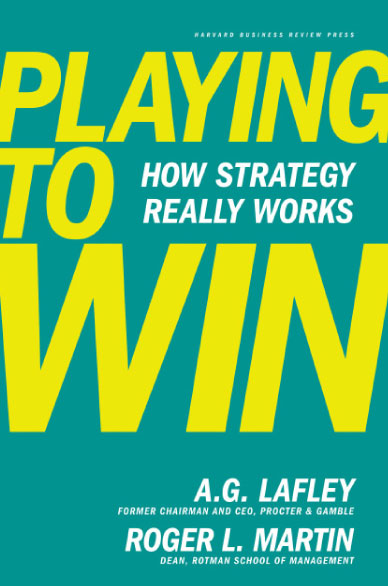 Buy the book
Book roger to speak
Buy the book
Book roger to speak
